User Tools
Sidebar
Table of Contents
HPC Fundamentals Course Notes wiki
Login Problems
Some people have reported problems logging into the wiki. There seems to be two sources of problems experienced:
- User cannot log in.
- User cannot log in using “Secure Login”.
If you are confident you are using the correct username and password, and are using a version of Internet Explorer, it is suggested that you use a different browser, such as Firefox, Safari, or Chrome.
If the “Secure Login” doesn't seem to be working for you, the behavior seems to occur when user passwords contain symbols like quote marks and asterisks. In which case, you can either:
- Uncheck “Use Secure Login”. This sort of defeats the purpose of having security though, so it isn't outwardly recommended.
- Change your password to something that doesn't contain quote marks or asterisks. We don't yet know exactly which characters cause this problem, but we suspect it is characters that aren't being properly escaped that could have special syntactical meaning.
Syntax
For those unfamiliar, here is a page on wiki editing syntax that can be used here.
Course Notes Wiki
This is a space for members of the HPC Fundamentals class to create a source of information reflective and assisting to the course.
Aside from assignments that may have you specifically perform operations here, you should contribute when you encounter any of the following:
- Some neat bit of information related to the class
- Some clarification or understanding you've had with respect to concepts in the class
- Organizational/style improvements to existing content
- Questions you have that may deserve a more visual answer
Computer Hardware Basics
1. Power Supply
- Receives power from the wall in AC form, then converts it to a more stable DC form which will not overload certain circuits.
- Sends power in various voltages to different parts of the computer through color-coated wires.
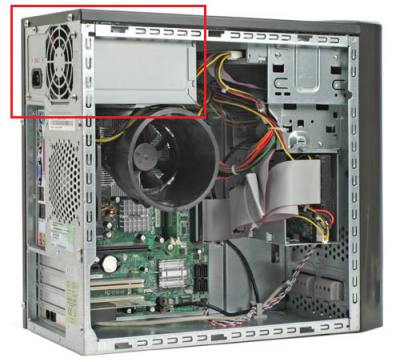
2. Hard Drive
- This is where we save data that we do not want to be lost. It has wires called “SATA” wires connected to it for data and power transfer.
- It is usually solid and contains disks on which data is kept.
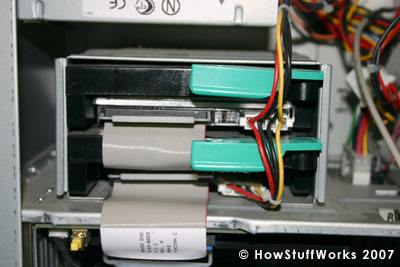
3. RAM (Random Access Memory)
- Temporary data storage
- come in the forms of several smallish sticks. These hold a lot of data, but cannot store things when the power is removed from them.
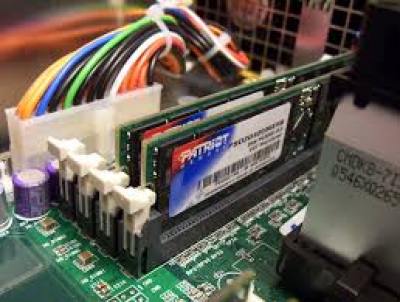
4. Heat Sinks
- Look similar to metal “combs” or a series of tall parallel planes. Their purpose is to prevent pieces from overheating, which can warp them and is bad for the computer in general.
- These are Passively Cooling, there is also active cooling in the form of fans or water cooled systems.
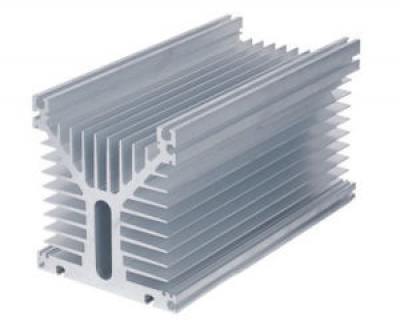
5. Motherboard
- Contains all the essential information on the computer
- If you connect the pins in the pwd thing you can bypass security like some kinda hacker.
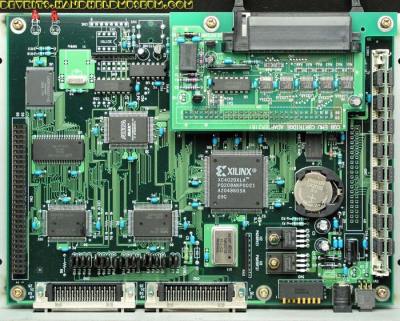
How to Search/Install/Uninstall in Debian
- sudo apt-cache search “something” :: This is useful for finding exactly the program package you want, such as man-db, manpages, and manpages-dev. Those will help you immensely with using things you know nothing about!
- sudo apt-get install “something” :: This is used to install the thing which you want. It is case sensitive, so make sure to type the exact package you want.
- sudo apt-get update :: Update everything you've installed, but do not push the updates to the software yet. Also updates the apt-cache.
- sudo apt-get upgrade :: Push the update to all software on your system. Be careful, it may break your system if there is a bad bug in the new update!
- sudo apt-get remove –purge “something” :: Will completely remove the program specified, including any “crumbs” leftover.
- sudo dpkg -l :: This will display any programs/packages you currently have installed. Useful to check what you have and don't have.
Raspberry Pi / Electronics
A useful beginner's guide on LEDs (especially how to calculate the ideal resistance):
The Infrared LEDs we have (note the input voltage (1.5VDC) and amperage (50mA → 0.05A)):

